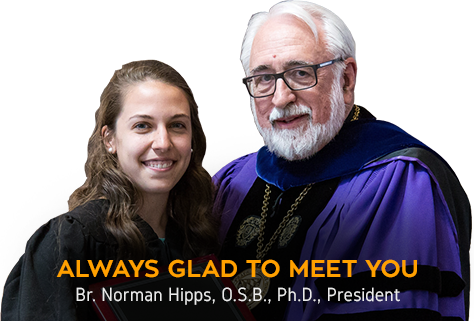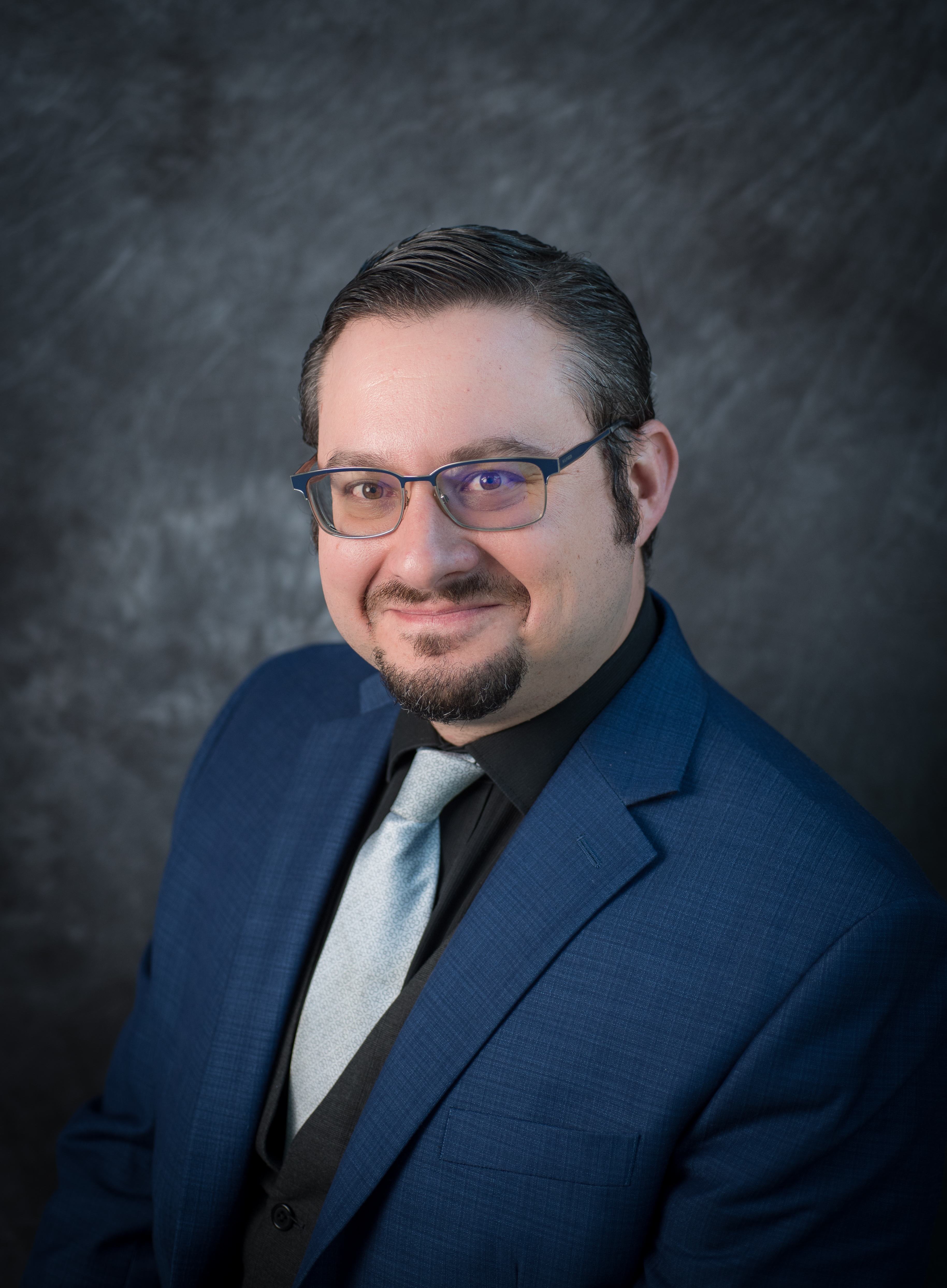This month’s blog is a little more philosophical in nature than some of my other blogs because I’m writing about miracles. Let me start off by saying that I am a firm believer in miracles. To me, a miracle does not have to be some big once-in-a-lifetime supernatural cosmic event (although those count too, I suppose). Instead, I believe that miracles can be “little things” that happen each day. Some people view daily life as though nothing is a miracle. Others view every positive thing that they experience as a miracle – even those things that are perhaps mundane. I like to think that I fall into the latter camp.
So, what is a miracle? Some definitions point to a miracle as an extraordinary event. As I reflect on this definition, there are so many extraordinary events that occur every day that I and presumably many others take for granted. The sun rising and setting is extraordinary. The joy of laughter is extraordinary. The ability to wake up to a new day is extraordinary. Even going to work is extraordinary.
Yes, I believe that workplaces present us with a myriad of miracles. As an organizational researcher, I study the ways that people work together. If you think about it, organizations are quite extraordinary. They are places where people craft identities of themselves based on what they do. They can be places that provide meaning to peoples’ lives. We hope that they help contribute to the greater good.
Workplaces are also places where an often vast number of people communicate effectively to engage processes to transform inputs into products or services that can improve society – all extraordinary activities and all miracles in my mind. If you think about it, effectively communicating an idea to someone is quite difficult. Influencing others to see beyond their own self-interests to coordinate effort with a larger group is also quite complex. Yet people working together have provided such miraculous things as medical devices that save lives, modes of transportation that allow us to experience other places around the world and time-saving services, among many other things, by engaging in such extraordinary behaviors effectively.
Yet, at least in the academic literature, workplace phenomena are not often viewed as miracles. While there are a growing number of academics who study spirituality in the workplace, many phenomena are not viewed to be miraculous for some mainstream researchers. There seems to be a somewhat common belief that, once a phenomenon is labeled or understood through research, it is not acceptable to call it a miracle.
To me, just because we understand the phenomena we experience in this world through both academic research and our own personal experiences, does not mean that these things are any less miraculous. When we put a label on something (in my field, we explain and label behaviors through lenses of theories related to motivation, job satisfaction and organizational commitment, for example), that phenomenon does not become less miraculous because we understand it. Instead, perhaps we should consider it all the more extraordinary because we can understand it better and have the knowledge to explain the miracles we see around us every day!
What is your perspective? Do you find miracles in your “day-to-day” activities? Or do you think that miracles do not regularly occur in your workplace? What miracles have you personally witnessed? I always look forward to your thoughts. Email me at michael.urick@stvincent.edu, message me on Facebook (https://www.facebook.com/urickmj/) and LinkedIn (https://www.linkedin.com/in/michael-urick-05b775a3/) or leave me a comment below.
Dr. Mike Urick


 中国学生
中国学生 Estudiantes
Estudiantes




